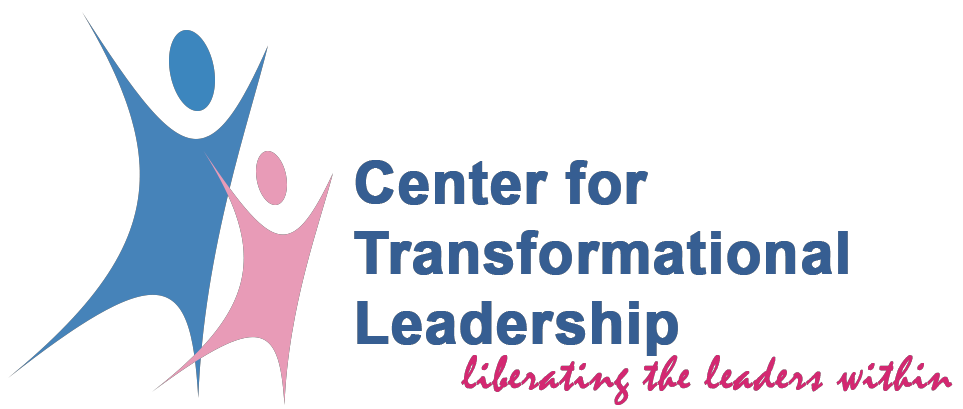Citizen participation refers to an action or a series of actions that a citizen takes to engage in the affairs of his or her own government and community. The Constitution of Kenya 2010 under Article 1, 10,100, and 186 encourages inclusion of citizens in governance processes. Participation of the people in governance processes is critical because it provides an avenue to voice the citizen concerns and enables governments to provide services that address the needs of its citizens. But how can citizens participate in governance processes? What tools can citizens use to participate? This article discusses some of the ways that citizens can use to engage in governance processes:
- 1. Identify and prioritize community needs
Community forums or barazas are basically small meetings held at community levels based on issues that arise. Usually, the main purpose of these meetings is to share information and raise awareness concerning a specific matter like conducting civic education or planning development projects. These forums could either be organized by community members, government agencies or departments, civil society organizations or other social organizations like churches. Through community forums or barazas, members of a community can strategize and even consolidate ideas on how to address problems affecting them and prioritize their development agendas ahead of public planning or budgeting forums that are conducted by County governments. This kind of preparation allows citizens to participate meaningfully during public forums. County governments can make use of these platforms to capture community needs as well as provide feedback to citizens because issues that emanate from these platforms can help improve the quality of service delivery for citizens.
b. Petition the Government
Public petitions come in handy in situations where citizens have identified a problem that needs to be addressed and have consulted the relevant authorities without success. Simply put, a petition is a written document addressed to a specific government official and signed by numerous individuals in support of the issues raised. It is a request made to a government agency to address an issue that is of concern to the petitioners. Most County Assemblies have put a legislation known as 'Petition to the County Assembly' in place with guidelines on how citizens can petition the County Assembly to address specific issues, notify the executive about the issue or even bring the issue up for debate on the floor of the Assembly. Petitions are submitted to the County Assembly because the County assembly is an institution tasked by the Constitution of Kenya to oversight the operations of the County Executive.
c. Hold roundtable discussions with government officials
Citizens can organize roundtable discussions with government officials to raise issues that concern them. These kind discussions target duty bearers who are top government officers like department heads, members of the County Assembly or County Executives who are influential in decision making. Right holders who participate in these kind of discussions tend to be influential members of society such as religious leaders, leaders of professional bodies, business community leaders, CSO leaders among others. Roundtable discussions are often designed to influence specific issues like development agenda, review of existing government guidelines or operations of government agencies.
When organizing for roundtable meetings, involvement government offices should be prioritized in order to enhance their understanding of the issues at hand as well as to speed-up the process of addressing issues raised. Roundtable discussions often involve negotiating. This makes flexibility and negotiation skills important factors in the process in order to win the support of stakeholders and negotiate effectively. Apart from gathering stakeholder support, roundtable discussions provide great avenues for stakeholders to give inputs and share best solutions for addressing issues at hand.
d. Lobbying and advocating for policy change
The Constitution allows Kenyans to participate not only in planning and budgeting processes, but also in development policies and legislations. One of the most effective ways to do this is through lobbying and advocacy. Lobbying gives citizens a chance to engage and influence elected leaders and other government officials on a specific issues or a policies. Elected leaders are a key focus in the lobbying processes because they are tasked with development of laws at the National Assembly as well as in the County Assemblies. On the other hand, advocacy efforts are often directed at the general public with the aim of drumming up support for a particular issue or for recommendation of a particular cause or policy. The Constitution has vested a lot of power on the People; these powers could be used to influence elected leaders who represent them in National and County Assemblies. Influencing elected leaders through lobbying and advocacy ensures that legislations that speak to the needs of the people are developed.
